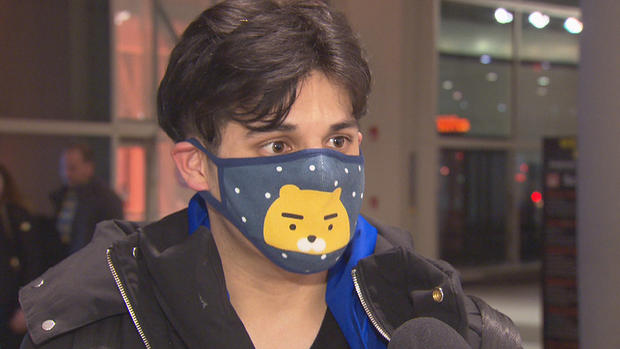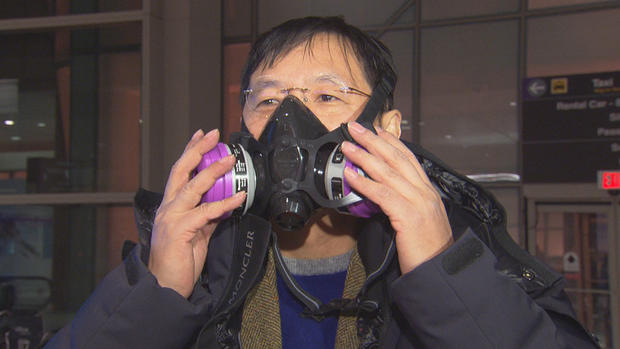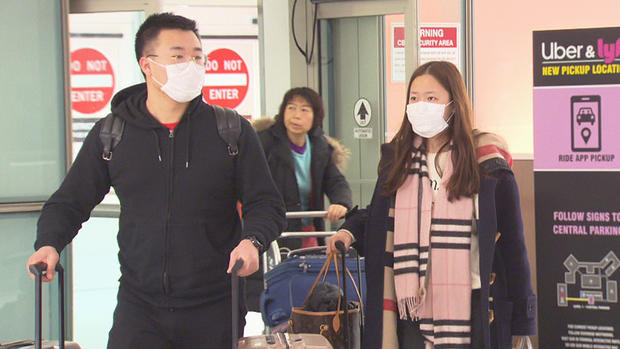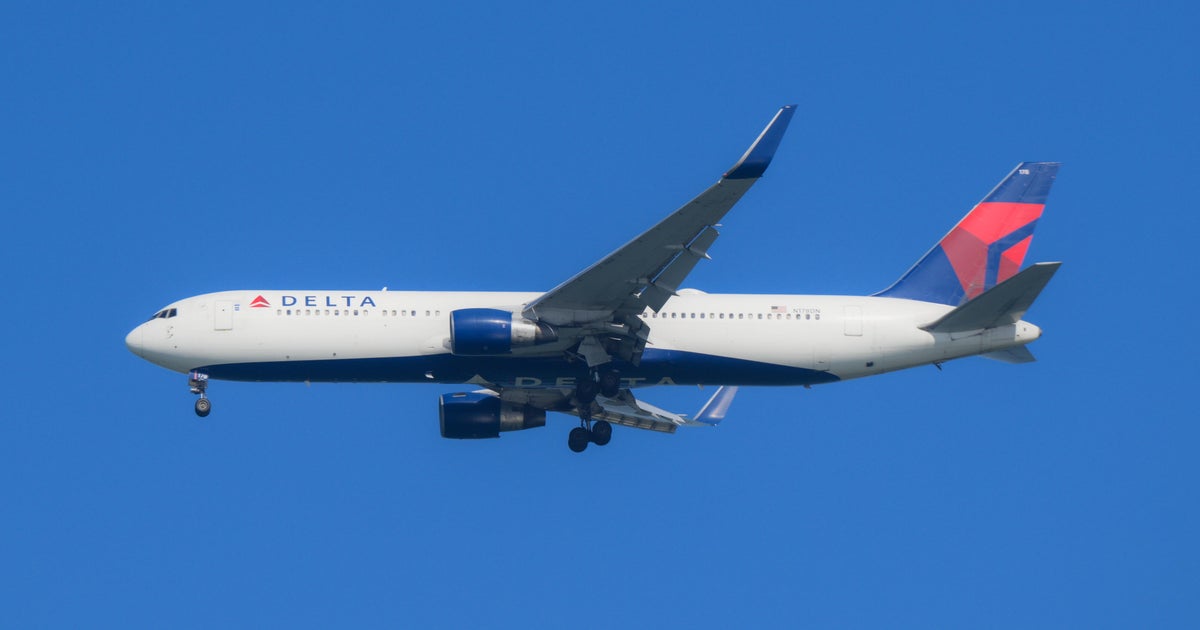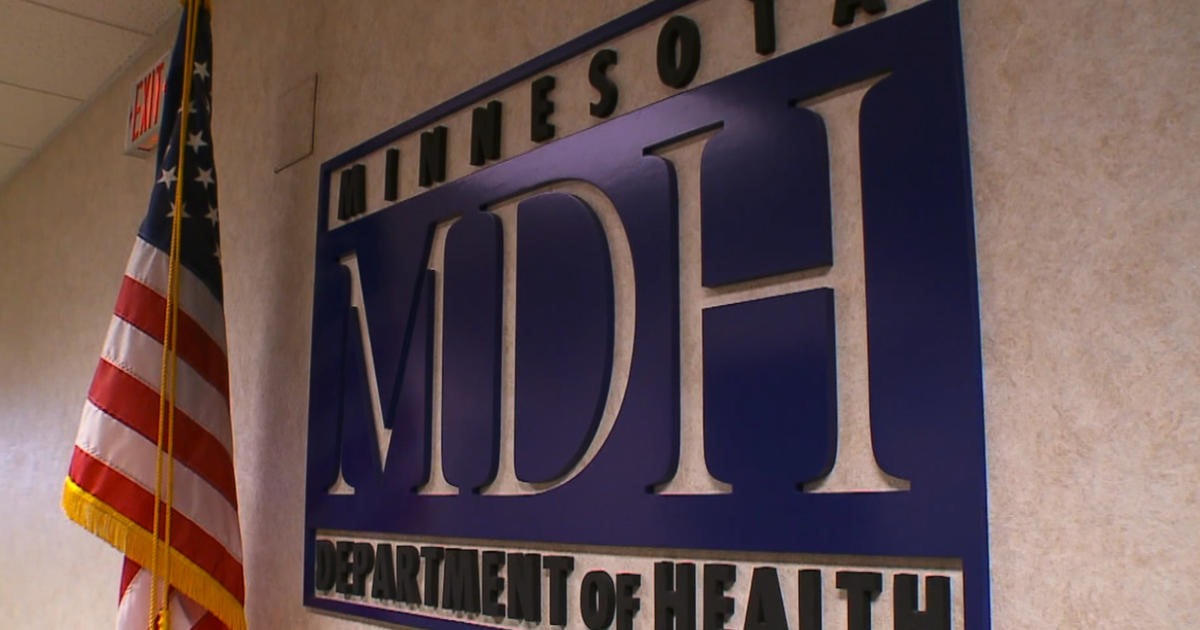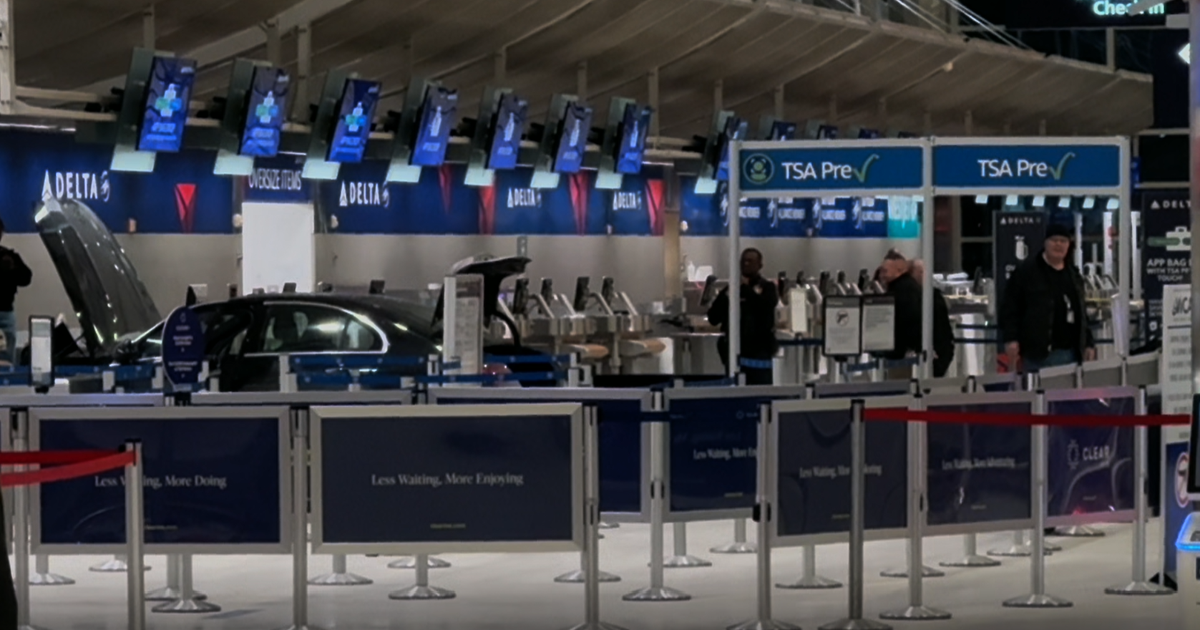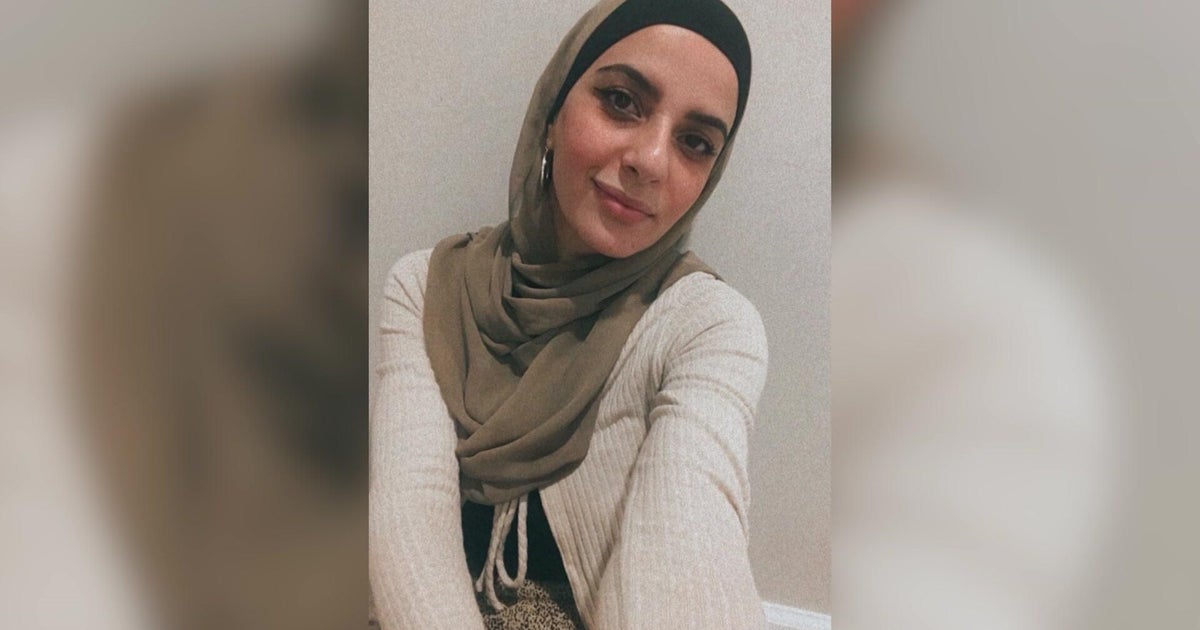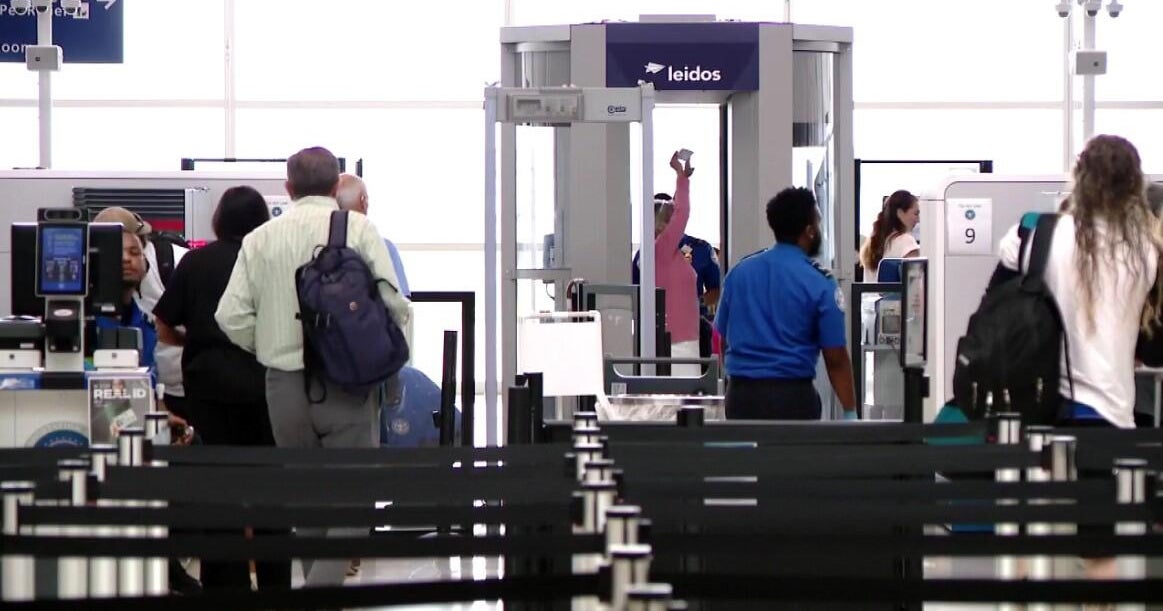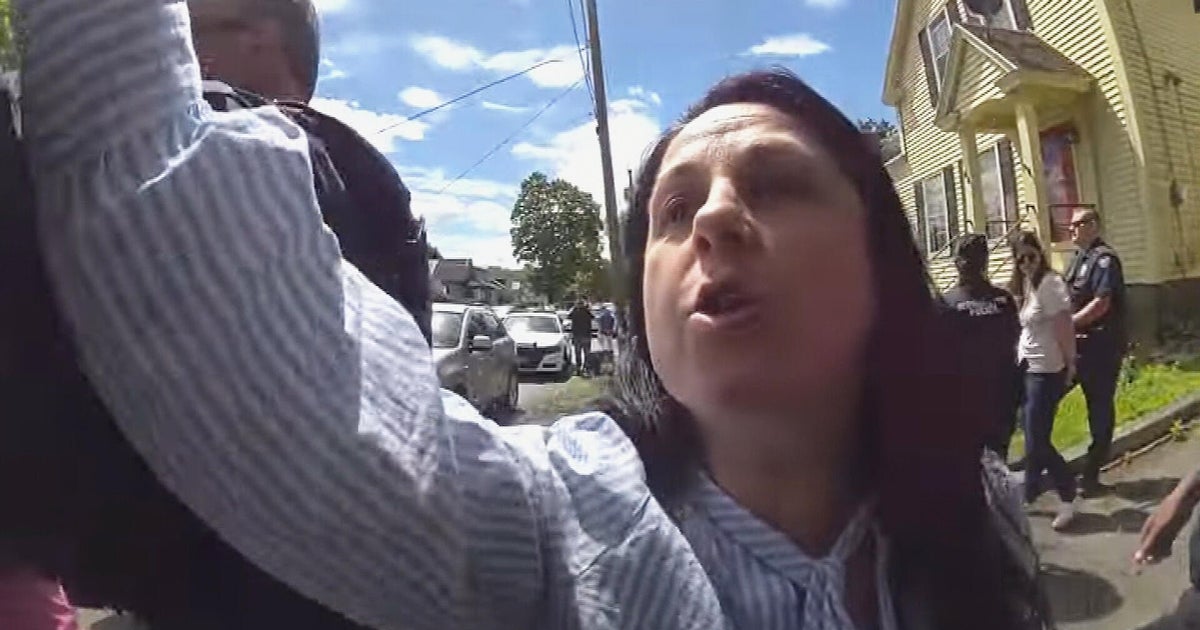Logan Airport To Screen Travelers From China For Coronavirus
BOSTON (CBS/AP) -- U.S. health officials are expanding their checks of international travelers for signs of coronavirus, following the devastating outbreak in China. Customs agents at 18 major airports, including Logan Airport in Boston, will now screen passengers.
The screenings were initially done at five U.S. airports that have direct flights from Wuhan, China, the city at the center of the outbreak. Now the Centers for Disease Control and Prevention is sending extra staff to quarantine stations at airports across the country and to two border crossings in El Paso, Texas and San Diego.
Authorities hope the additional screenings will stop the spread of the virus, which has has killed more than 130 people in China. The outbreak has infected more than 6,000 on the mainland and abroad.
Logan Airport had not been screening passengers for coronavirus because there are no direct flights from Boston to the hardest-hit areas. But some Chinese travelers prefer service on other airlines, or to break up the long trip by connecting elsewhere.
Arriving to Logan from Tokyo Tuesday night, cautious travelers wearing protective masks faced some extra questioning at customs, but not enhanced screenings just yet. It's a much different story where many of their journeys began.
"At the airport they got us probably every 20 meters with some device monitoring people. Everyone is decked out in the white suits. It's really scary," said Tim Hounsell, returning home to Boston. He's been studying in Beijing but visited a city within a few hours of Wuhan.
"In China I haven't seen one person not wearing a mask. The streets are empty right now, every city. Taxi services shut down, schools shut down. I can't return to my university because they cancelled all the classes," Hounsell explained.
So far, there are five confirmed patients in the U.S., and no sign that they have spread the illness to anyone around them. They had all traveled to the center of the outbreak.
"I cannot sleep at night," said George Xue of Cambridge, whose loved ones live in Wuhan City.
Xue vividly recalls living in China during the SARS epidemic 18 years ago.
"This time is even worse. It's so dangerous," he said.
Xue has spent more than $5,000 on protective masks and medical equipment to send to China. He's willing to pay an airline to deliver the essential items.
"Right now we just need to try everything by we can do to help. Worry does not solve the problem. The only thing is take action and do the best we can to help," Xue added.
This week, health leaders in New Hampshire announced two people were undergoing tests for coronavirus after they recently traveled to Wuhan and developed respiratory symptoms.
Health officials stressed Tuesday that the risk to Americans so far is very low.
For "the individual American, this should not be an impact on their day-to-day life," Health and Human Services Secretary Alex Azar told reporters.
While reports from China suggest that people there may have spread the illness before showing symptoms, there is no evidence of that in the U.S., stressed Dr. Robert Redfield, director of the Centers for Disease Control and Prevention.
And while some other viruses are known to occasionally spread before symptoms are obvious -- such as the flu -- health officials say that's far less of a concern than the obviously contagious patients.
The screenings also are an opportunity to educate travelers that if they develop symptoms -- such as fever or a cough -- after returning from the outbreak zone, they should contact their doctor, she said. That's exactly what the first two U.S. patients did.
(© Copyright 2020 CBS Broadcasting Inc. All Rights Reserved. The Associated Press contributed to this report.)
